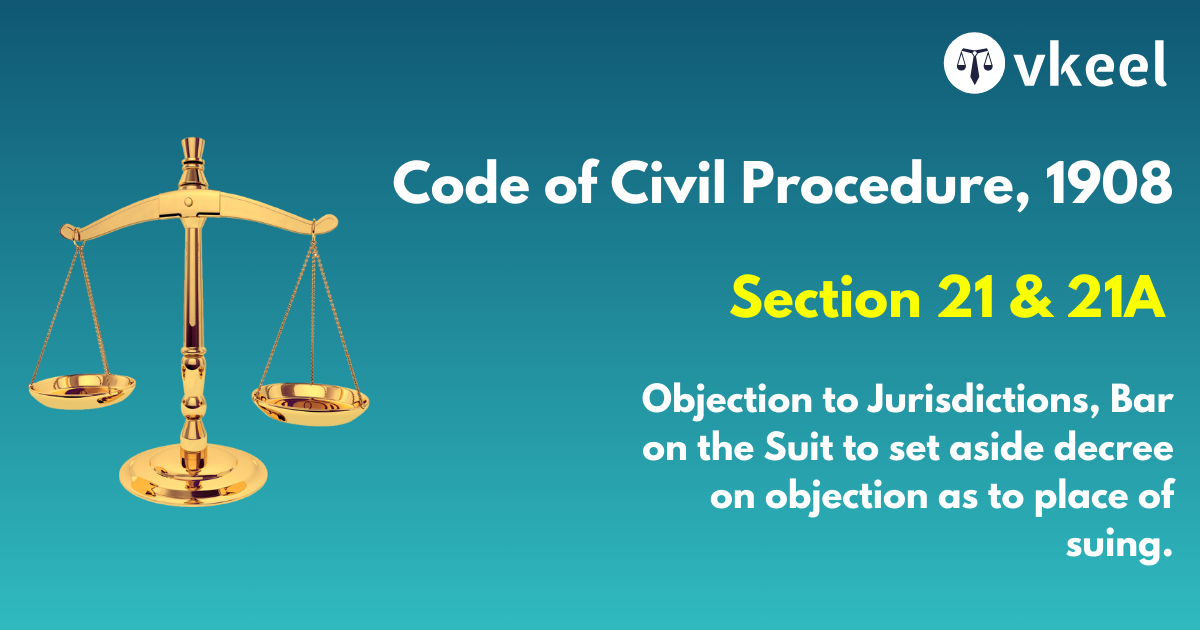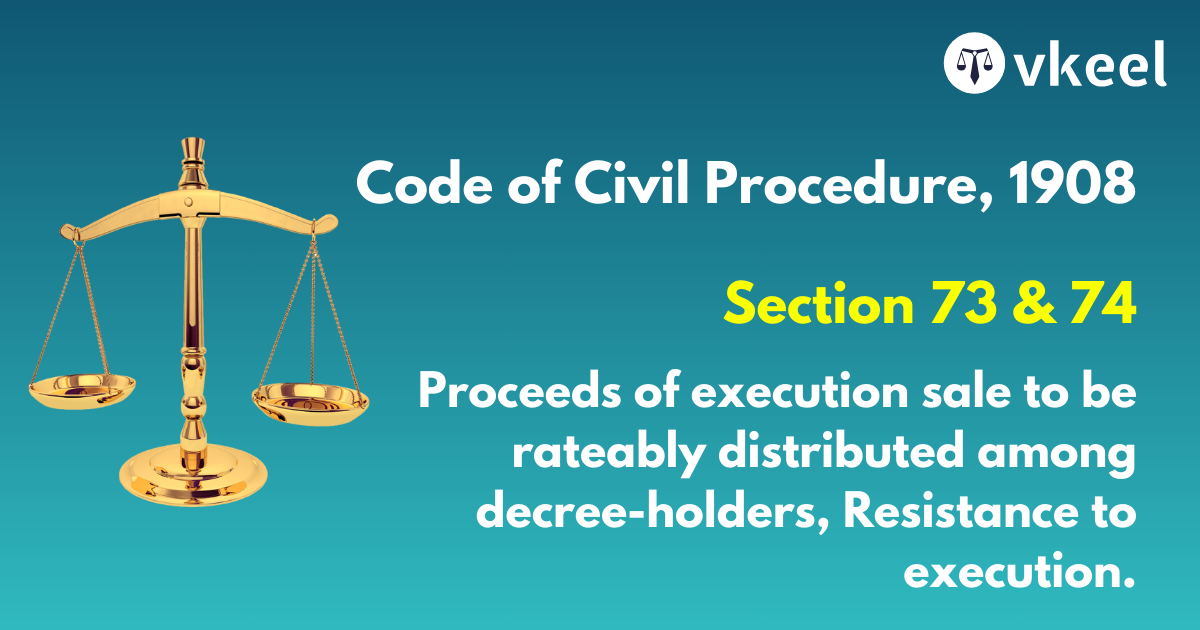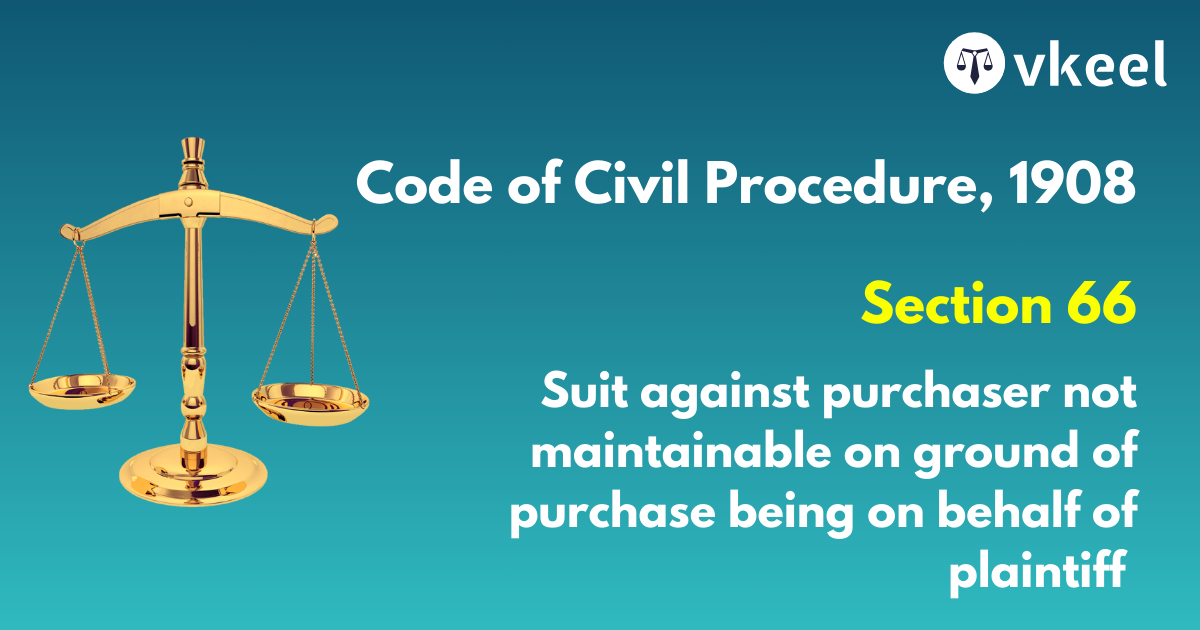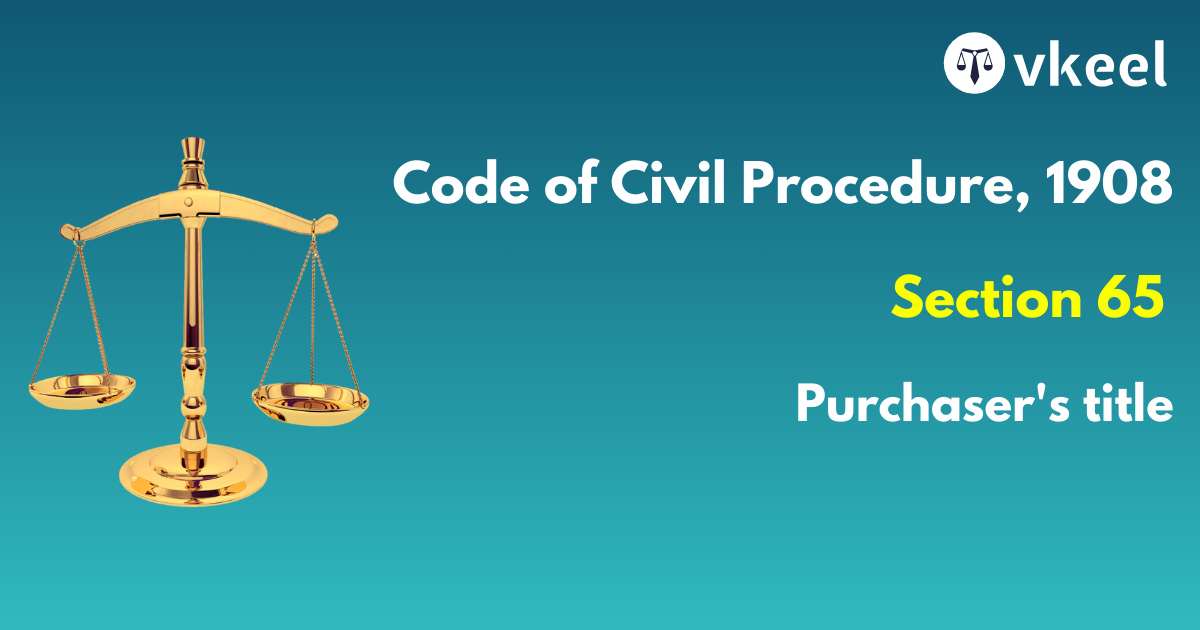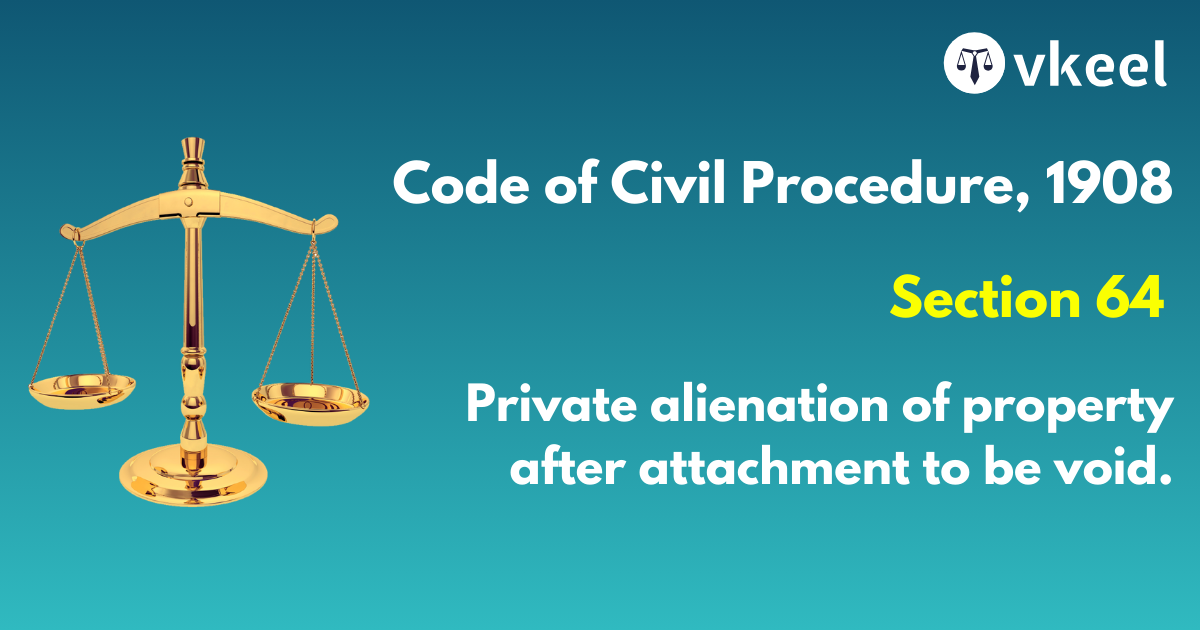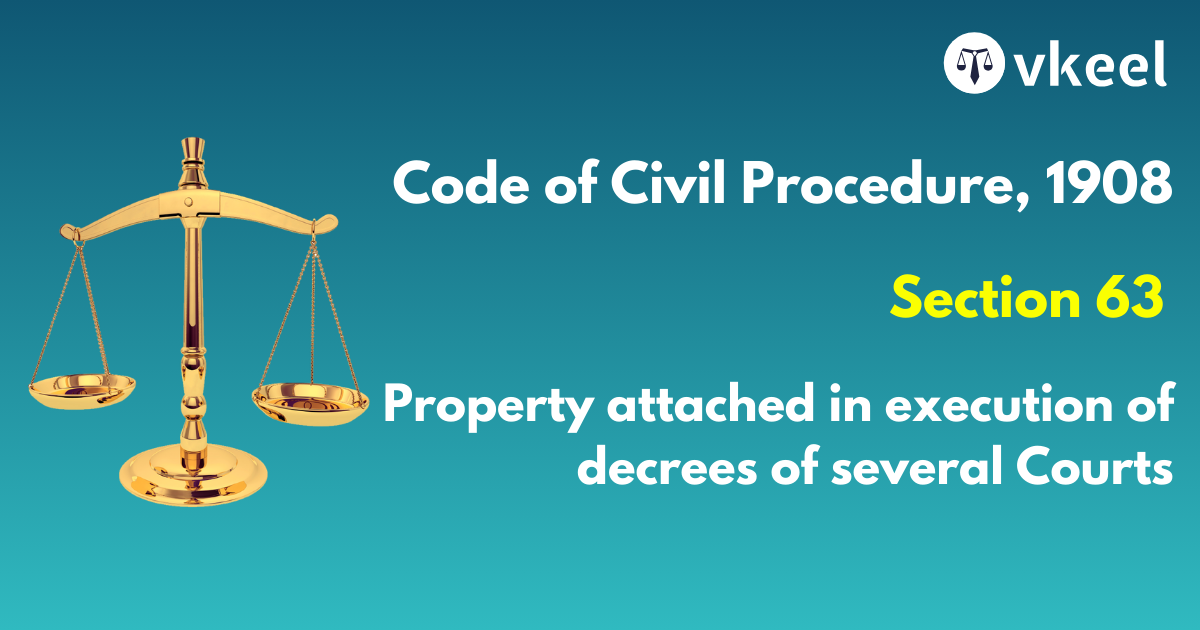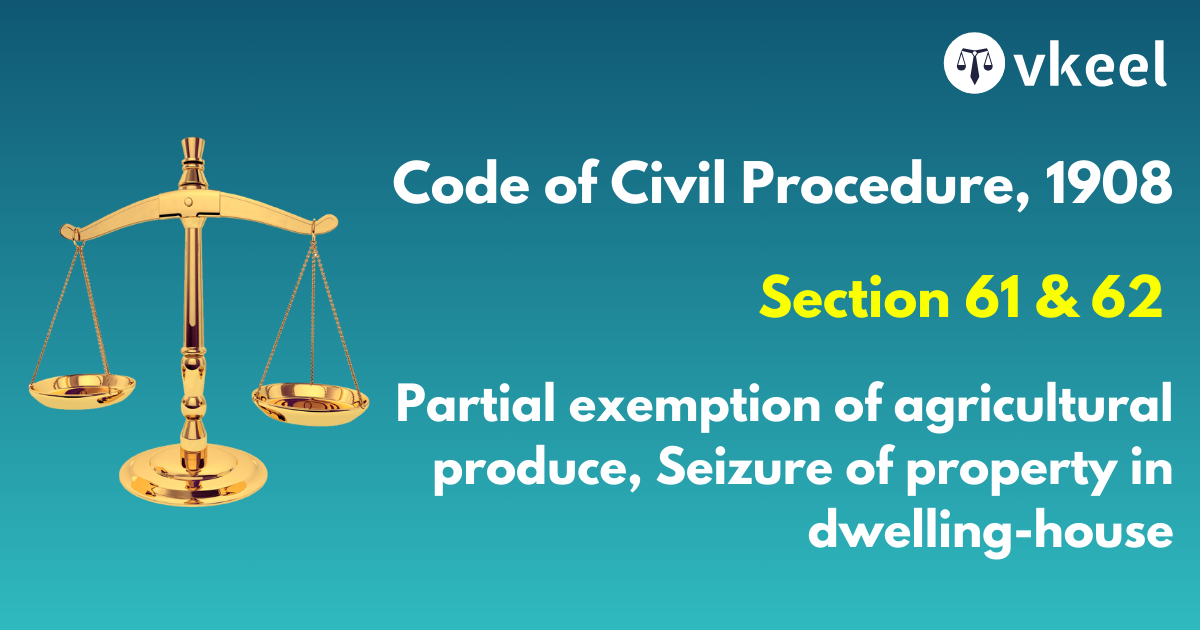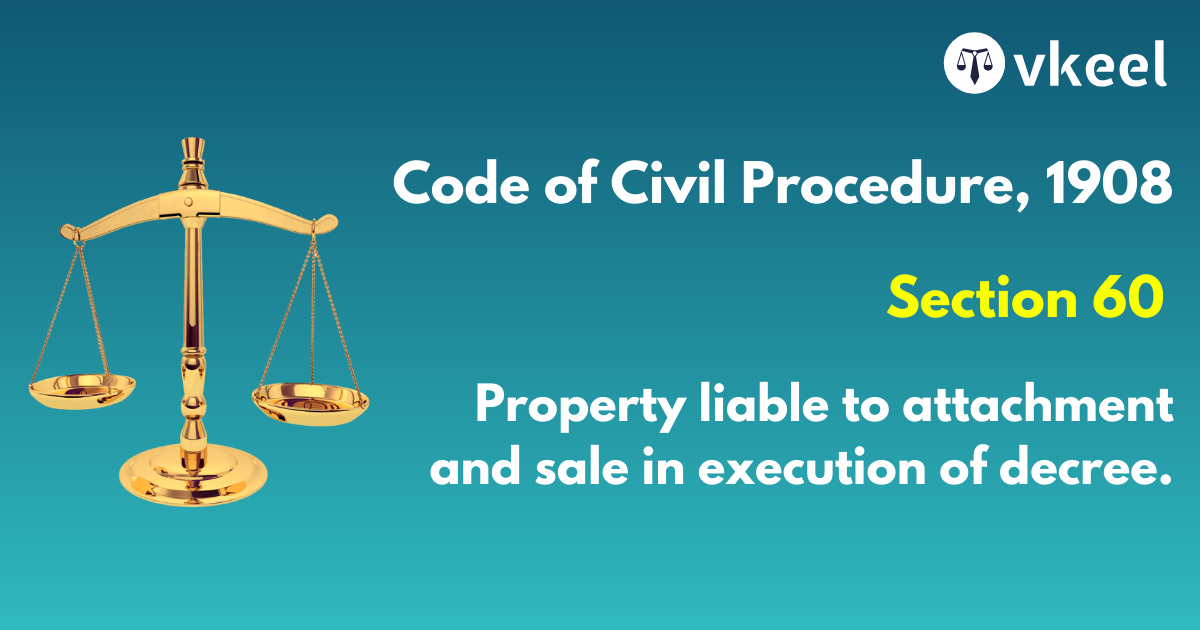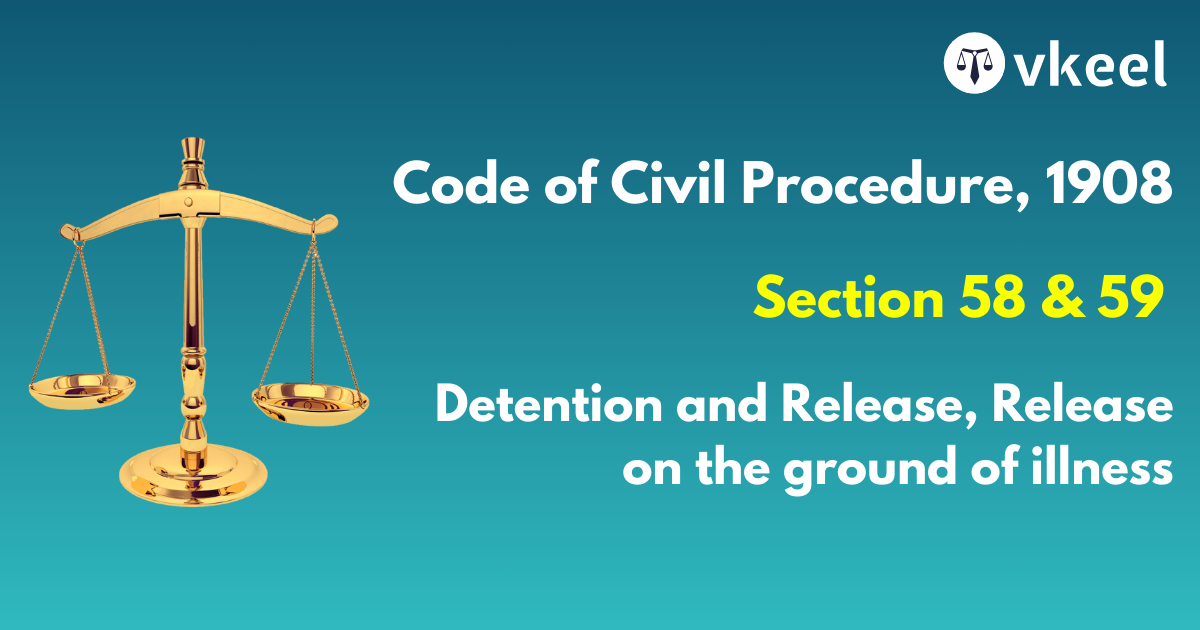Section 21 & 21A of Code of Civil Procedure,1908
By Joy Puri
Introduction
The Section 21 of the Code of Civil Procedure entails about the objections which arise in the due legal course, in regards to the jurisdiction of the suits in the country.
The Section 21 further unfurls by narrating the situations and the relative scenarios whereby the objection of the competence of the court of law cannot be made by the respective parties.
Section 21 & 21A of the Code of Civil Procedure
21. Objections to jurisdiction –
(1) No objection as to the place of suing shall be allowed by any Appellate or Revisional Court unless such objection was taken in the Court of first instance at the earliest possible opportunity and in all cases where issues are settled at or before such settlement, and unless there has been a consequent failure of justice.
(2) No objection as to the competence of a Court with reference to the pecuniary limits of its jurisdiction shall be allowed by any Appellate or Revisional Court unless such objection was taken in the Court of first instance at the earliest possible opportunity, and, in all cases where issues are settled, at or before such settlement, and unless there has been a consequent failure of justice.
(3) No objection as to the competence of the executing Court with reference to the local limits of its jurisdiction shall be allowed by any Appellate or Revisional Court unless such objection was taken in the executing Court at the earliest possible opportunity, and unless there has been a consequent failure of justice.
21A. Bar on suit to set aside decree on objection as to place of suing – No suit shall lie challenging the validity of a decree passed in a former suit between the same parties, or between the parties under whom they or any of them claim, litigating under the same title, on any ground based on an objection as to the place of suing.
Explanation – The expression “former suit” means a suit which has been decided prior to the decision in the suit in which the validity of the decree is questioned, whether or not the previously decided suit was instituted prior to the suit in which the validity of such decree is questioned.
Amendments and Landmark Case Laws
Going back to the history of the Section 21 of the Code of Civil Procedure, 1908, the antecedent initially only contained sub section 1 as the whole part of the provision. Furthermore, as per the needs and the changes required in the Indian legal system, the sub section 2 and 3 were added by the amendment in 1976.
The section 21 A of the Code of Civil Procedure was added by the Amendment Act 1976 for ordaining to the individuals that no suits shall lie for setting aside a decree which had been passed earlier on the basic ground of place of suing of the respective place
The birth of the amendment took place when there had been a conflicting judgements between the Hon’ble Madras High Court and Hon’ble Allahabad High Court.
The decision was thereby deciphered by the Law Commission of India in its 27th report to the Parliament stating and upholding the view of the former. Thereafter the parliament amended the provision and made the said changes.
Sunita Bali Vs Ashok Bali, 1987
Sub-section (2) of Section 21A. Sub-section (2) further provides that in a case where Sub-section (1) applies, and if the petitions are presented to different district Courts, the petition presented later shall be transferred to the district Court in which the earlier petition was presented and both the petitions shall be heard and disposed of together by the district Court in which the earlier petition was presented. Sub-section (3) provides that in a case where Clause (b) of Sub-section (2) applies, the Court that would be competent to transfer the petition will be that Court which is empowered under the Code of Civil Procedure, 1908 to transfer any suit or proceeding from the district Court in which later petition has been presented to the district Court in which the earlier petition is pending.
Jagdish v. Prem Lata Rai, Government of A. P. v. Venkaramanna, 1984
If there was no failure of justice, even though the objection was raised in written statement it cannot be agitated at Appellate stage.
Panna Lal v. Mohan Lal, 1985
The objection regarding under valuation of suit and insufficiency of Court-fee should be raised in written statement itself before the trial Court.
Hira Lal Patni v. Kali Nath
It is also the settled principle of law that such objections can be waived by the Defendant.
Conclusion
Therefore, to conclude the provision, it stands as a correct principle of the Code of Civil Procedure, 1908 to reflect the values of uniformity in the delivery of justice, and thereby serving the speedy trial to the individuals of the country.
Disclaimer:
The information provided in the article is for general informational purposes only, and is not intended to constitute legal advice or to be relied upon as a substitute for legal advice. Furthermore, any information contained in the article is not guaranteed to be current, complete or accurate. If you require legal advice or representation, you should contact an attorney or law firm directly. We are not responsible for any damages resulting from any reliance on the content of this website.

